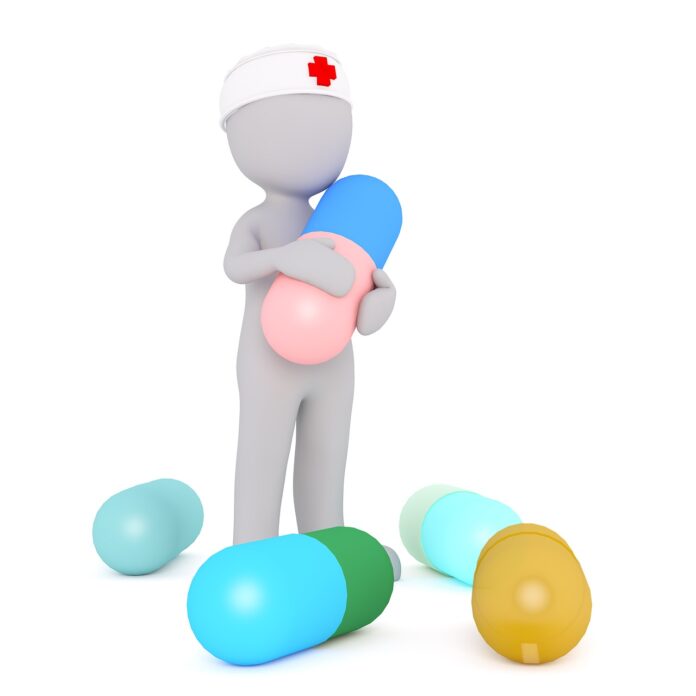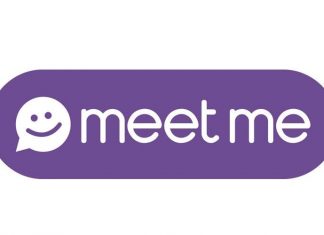
What is Low Dose Naltrexone?
Low Dose Naltrexone, commonly known as LDN, is a lower dosage of the drug Naltrexone which was FDA-approved to help treat patients dealing with drug and alcohol addiction. Today, Naltrexone is commonly prescribed in a lower dose known as LDN to help with a plethora of other health issues such as inflammation, cancer, obesity, a dysfunctional immune system, or mental health issues. It’s also known to help upregulate the body’s production of endorphins which can help to improve the user’s overall mood.
LDN is typically administered orally via a capsule but is also available in other forms as well depending on each patient and their unique set of circumstances. The good news about LDN is that it can be prescribed by your healthcare provider or purchased online from companies such as AgelessRx that specialize in prescription therapy treatments. LDN is accessible for those who are interested in it!
What Health Issues Can Low-Dose Naltrexone Help With?
Fibromyalgia
Low-dose naltrexone can help to relieve the pain and tiredness oftentimes associated with fibromyalgia. Fibromyalgia is a chronic condition oftentimes associated with sleep disturbance, depression, digestive symptoms, widespread pain, and cognitive impairment.
Rheumatoid Arthritis
Rheumatoid arthritis typically causes patients to feel joint inflammation due to an issue with how their immune system operates. It can commonly cause patients to have joint pain, joint stiffness, joint deformities, and a reduction in their range of motion within the joints. Further research is needed to conclude the distinct correlation between LDN and rheumatoid arthritis. However, it has been known to help reduce the amount of medication required for those currently suffering from it.
Thyroid Dysregulation
LDN is a commonly used drug when it comes to helping with symptoms associated with thyroid issues. LDN reduces inflammation within the body and helps regulate the body’s immune system. It’s been known to help regulate the way that the thyroid works, thus alleviating some of the symptoms of hypo and hyperthyroidism.
Multiple Sclerosis
LDN may also help patients suffering from multiple sclerosis or MS. There is currently limited research on the distinct correlation between MS and LDN. However, many individuals currently battling MS note that they saw a substantial reduction in the number of flare-ups they experienced while taking LDN. Others also stated that they noticed the progression of their MS was significantly slower and included fewer side effects.
Ulcerative Colitis
Low-dose naltrexone has also been studied for its efficacy in helping those battling ulcerative colitis, an inflammatory bowel disease. This is primarily because of LDN’s anti-inflammatory properties. LDN is considered to be both a safe and non-toxic drug that many patients currently dealing with ulcerative colitis can tolerate.
Crohn’s Disease
Similar to ulcerative colitis, Crohn’s disease is another inflammatory bowel disease LDN has been studied to help with. LDN helps to reduce the intestinal inflammation associated with the disease. In a small-scale study, LDN was tested to help treat Crohn’s disease. The results showed that 67% of patients were able to go into remission.
Anxiety & Depression
As previously mentioned, LDN helps to upregulate the production of endorphins within the body. Because of this, it’s also been suggested as a promising and effective therapy to help those battling anxiety and depression. However, no large-scale studies currently show the correlation between LDN and anxiety and depression.
Naltrexone, when used off-label in a low-dose form, can be beneficial in combating a wide range of health issues. If any of the health issues outlined above sound similar to the symptoms that you are currently experiencing, LDN may be a great option for you to consider!








